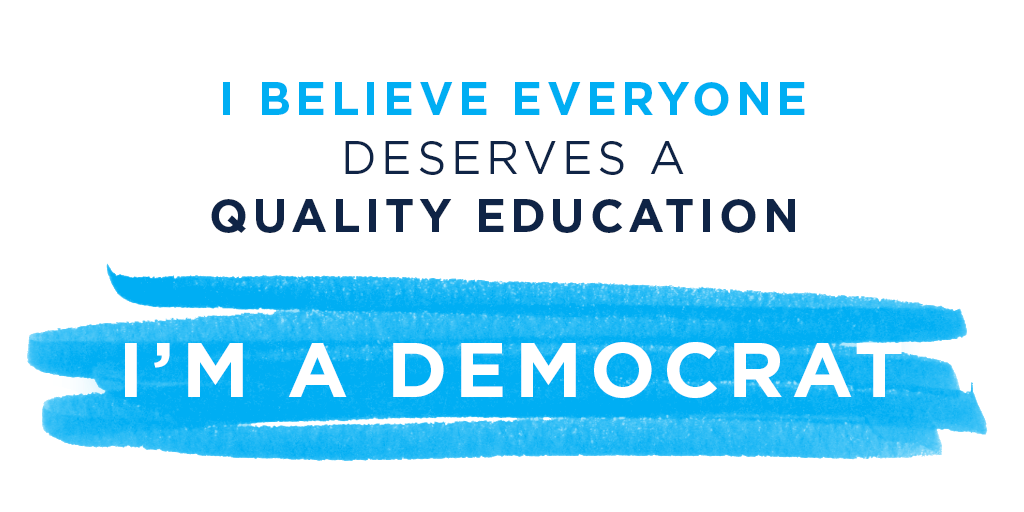
There are currently 13 states that have passed strict voter ID laws, according to Keesha Gaskins, senior counsel at the Brennan Center for Justice. (Some of those laws haven’t gone into effect yet, or are facing legal challenges, but for the purposes of this exercise, we’ll treat them as if they’re in place.) These kinds of laws are the most restrictive type of voting legislation around. While federal law requires some kind of ID, it could be a utility bill, student ID or, in some cases, even a signed affidavit attesting to your identity, among other things. But in strict voter ID states, it has to be a government-issued photo ID, and some states, like Texas, don’t even allow out-of-state IDs. These restrictions can be a big burden for millions of people who don’t have drivers licenses or birth certificates, or who lost them, or who don’t live near a DMV, etc.
As for guns, under federal law, you can buy a gun through a private seller without even showing an ID. And assault weapons have been fair game since the ban on them expired in 2004. Here’s a Department of Justice report that details that individuals who buy guns from an unlicensed private seller in a “secondary market venue” (such as gun shows, flea markets, and Internet sites) are exempt from the requirements of federal law to show identification, complete the Form 4473, and undergo a National Instant Criminal Background Check System check.

